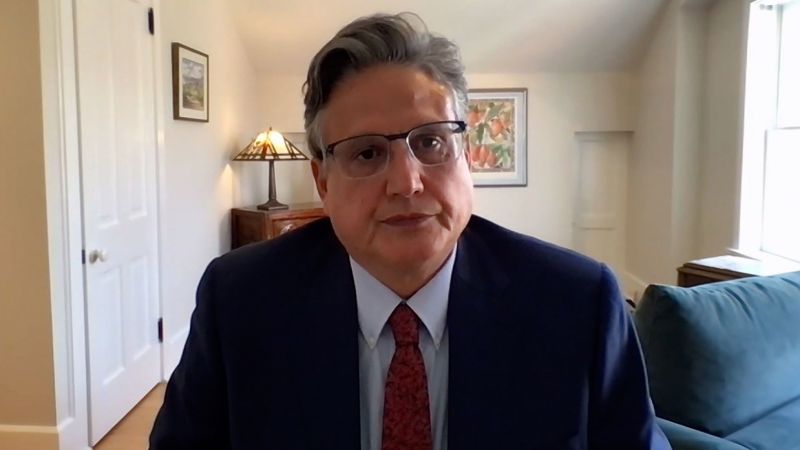The recent arrest of a Wisconsin judge has triggered significant discourse regarding the relationship between the judiciary and the executive branch in the United States, particularly during the Trump administration. The judge in question, Milwaukee County Circuit Judge Hannah Dugan, faces charges of obstruction and concealing an individual from arrest, a situation that has raised concerns among legal professionals and judiciary experts. In light of these events, Wisconsin Appellate Judge Pedro Colón expressed his belief that the arrest is part of a larger strategy aimed at intimidating the judiciary.
In a recent interview, Judge Colón articulated his views on the implications of such an arrest. He posited that the Trump administration is trying to convey a message of control over the judicial system, asserting that this approach signifies a failure to respect the Constitution and the rule of law. According to Colón, the overarching goal is to instill fear among judges and to foster an environment of uncertainty regarding their rights and responsibilities. This chilling effect on the judiciary is particularly troubling from a constitutional standpoint, he suggested.
The comments from Colón came in the aftermath of Dugan’s arrest, revealing a stark reality regarding immigration enforcement strategies under the Trump administration. The president’s tenure has been marked by a pronounced crackdown on immigration policies, with Dugan’s actions—allegedly involving interference with federal agents attempting to arrest an undocumented immigrant—being emblematic of the tensions that have emerged between local judicial authority and federal immigration enforcement. Specifically, witnesses reported that Dugan intervened against the arrest of Eduardo Flores-Ruiz, a Mexican immigrant previously deported, when federal agents attempted to apprehend him as he arrived for an unrelated court case.
Dugan reportedly demanded that federal agents leave the courthouse’s public areas and claimed that they lacked the necessary warrant for the arrest. The judge’s attempt to shield Flores-Ruiz culminated in directing both him and his attorney through a backdoor leading to a nonpublic area, an act now viewed as obstruction. The arrest and indictment of Judge Dugan have raised alarm bells among her colleagues, as they imply a potential assault on judicial independence.
Colón, who has known Dugan for 15 years, characterized her as an ethical and impartial judge, suggesting her arrest is a manifestation of the ongoing pressure placed on judges to conform to the prevailing political agenda. He believes that the Trump administration aims for judges across the nation to bend to its will, compromising not only judicial independence but also basic constitutional rights that protect individuals within the justice system. This assertion is alarming, as the fundamental principle of checks and balances that governs American democracy appears to be under threat.
The ramifications of Dugan’s arrest extend beyond her individual case. Colón anticipates a broader impact on public trust in the judiciary, suggesting that fear may deter individuals from attending court, consequently leading to reduced participation from victims and defendants alike. This anticipated chaos within the judicial system could undermine its integrity and functionality, raising serious concerns about access to justice for all.
During the interview, Colón emphasized the importance of public awareness regarding the implications of such actions on democracy. He warned that if the erosion of constitutional structures continues unchecked, the very foundation of American democracy could be jeopardized. His statement encapsulates the sentiment among judicial advocates that the actions taken by the Trump administration and the Department of Justice represent an existential threat to democratic processes and institutions.
As the situation develops, legal experts and the public alike are urged to remain vigilant. Observers like Colón assert that the judicial system’s ability to operate independently is crucial for upholding the rule of law in a democratic society. Therefore, understanding and questioning the dynamics at play in high-profile cases like that of Judge Dugan is essential for safeguarding the integrity of judicial independence against political intimidation.



